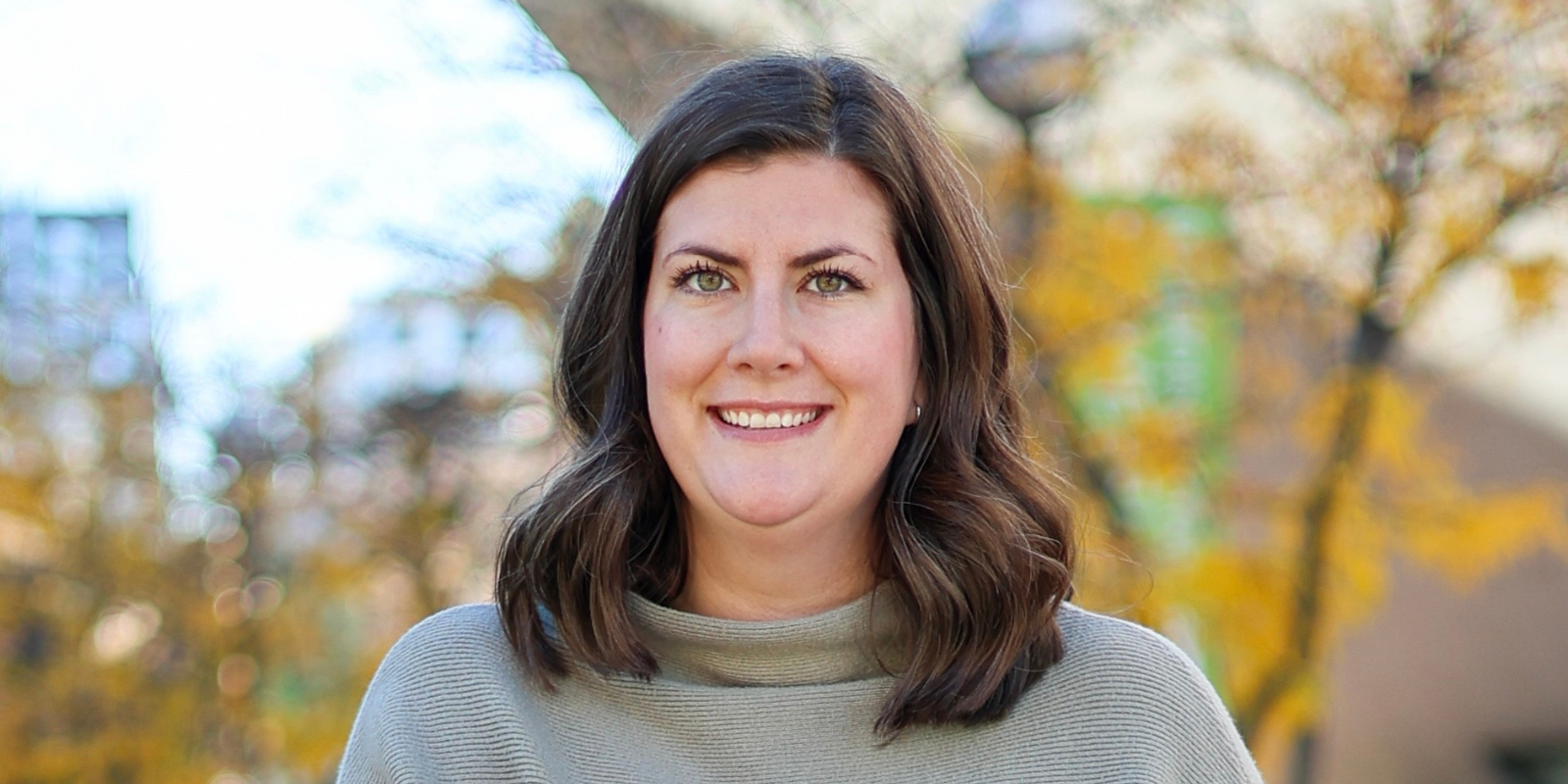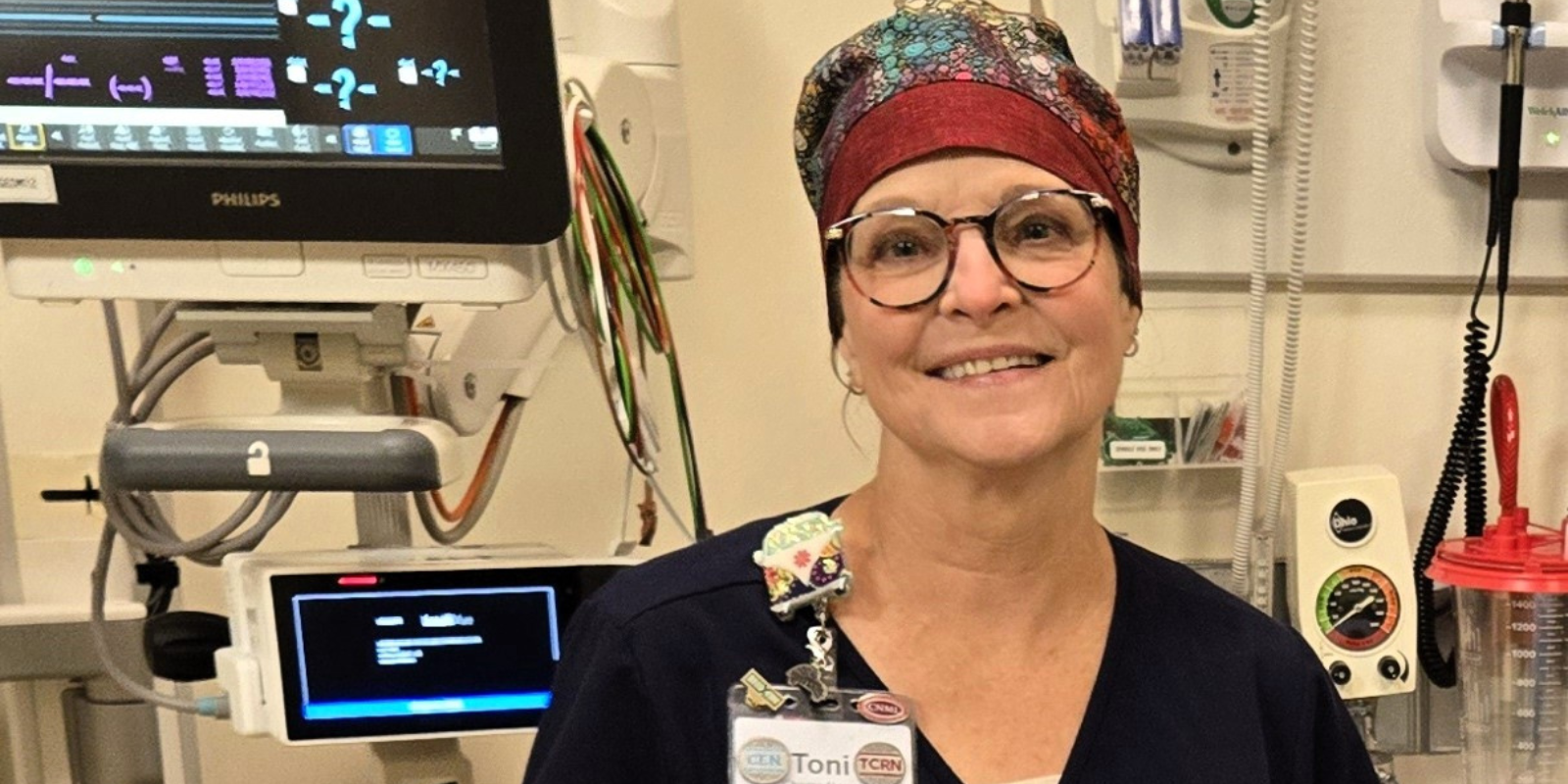Sexual health can be an uncomfortable subject after completing cancer treatment, but is an important quality of life issue. A University of Colorado Cancer Center study presented at the 2019 American Society of Clinical Oncology (ASCO) conference in Chicago highlights the unmet need of interventions to improve and maintain optimal sexual health.
“It is well known that breast cancer and gynecologic cancers are the first and third most common malignancies among women in the U.S. We have made strides in our treatments for these malignancies with survivorship upwards of 70 percent, and improving,” says Lindsay Welton, MD Candidate 2020, first author on the study. “However, survivor quality of life is often neglected during and after treatment. Women report distress over relationships, body image and sexual function after cancer. This issue is particularly prominent among young women. Patients under 50 years of age have a three-times greater risk of sexual dysfunction following treatment. It is important to identify this need for sexual health support and address the gap in care with resources desired by this patient population.”
The study, which surveyed 128 women, found that the majority (77 percent) wished their oncologist had provided more information on how to improve and maintain their sexual health before starting treatment. Participants noted that they would have liked more information about products/strategies, education, and medications/lubricants to maintain sexual function.
“Patients are looking most to their oncologist to provide this information before, during, and after treatment. It is our job as health care providers and as a health care system to meet this need to maximize the quality of care we are delivering to patients,” says Welton.
The women in the study, ages 18 to 50 years old, were recruited at a national conference for young breast and gynecologic cancer patients. The survey found:
- Nearly 33% of the women reported their relationship worsening after treatment
- 97% reported less sexual activity
- 71% were unsatisfied with their sexual relationship compared to pre-diagnosis
- 82% desired helpful products/strategies
Another important result from the study is that social support resources, such as local or web-based groups, are not a desirable intervention option. Only 36 percent of those surveyed felt that the resource was valuable for them.
“We have the opportunity to address this unmet need by following the guidance of patients in order to meet sexual function health care needs in a patient centered manner,” says Welton. “Knowing women want their oncologist to provide information before and during treatment, as well as through survivorship, allows providers to tailor patient referrals, education, and discussions appropriately. We hope to continue our research and elicit patient guidance to help us navigate changing practice.”




